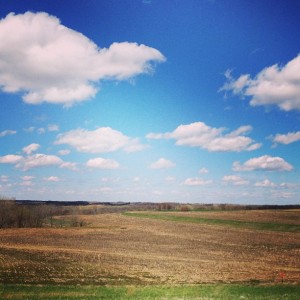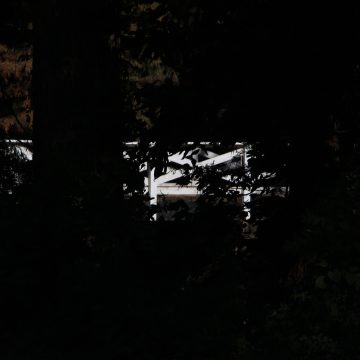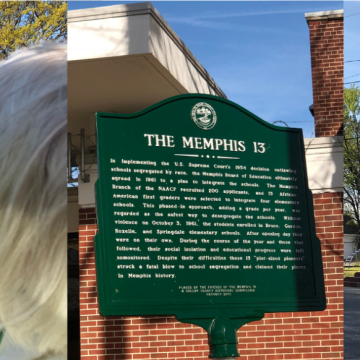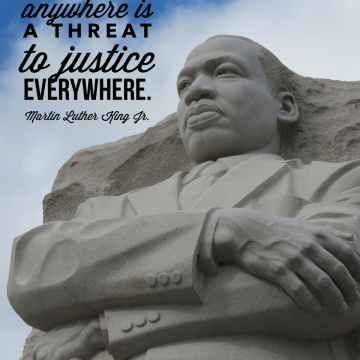Tillage is something that while it may not be well-understood by everyone, it has a romantic quality. We’ve seen some of the earliest photos taken in the United States were of people behind a mule and plow, parting the ground, turning it over in an effort to make the ground conducive to growing plants. That image is the heart of what may of us have when it comes to getting a crop in the ground.
And although Daniel Webster wasn’t one of the founding fathers of the United States, but his role in one the country’s most critical pivot points — the Civil War — makes him among the most quoted early Americans. One quote routinely attributed to him always comes to mind when I think of tillage….
Let us not forget that the cultivation of the earth is the most important labor of man. When tillage begins, other arts will follow. The farmers, therefore, are the founders of civilization.
Daniel Webster
Changes in Tillage Over Time
One of the books on my farm-related reading list that speaks to this is Guns, Germs and Steel. In that book, you look back at the history of the world feeding itself and farming marked a massive shift from hunting and gathering. From a world in which people changed their food patterns somewhat based on the seasons and migratory patterns of prey to a means of collecting seed for desirable plants and domesticating those plants for higher productivity.
In this early days, tilling the soils was seen as the way to get the ground clear of weeds, grasses, etc and provide a place in which vulnerable seeds could develop and thrive. No no-till and other conservation tillage techniques are a mainstay on farms across the U.S. In fact, Brian of thefarmerslife.com wrote a post on the topic this week saying in part:
What is No-Till?
What we call trash wheels are mounted on the front of our planter (folded for transport in this picture). These units are designed to move residue away from the seed furrow before seed is placed. Crop residue can impede germination. All we want these units to do is sweep residue out of a narrow path. We don’t want them adjusted too low where they will make a trench in the soil.
No-till is just what is sounds like. A true no-till system avoids disturbing the soil with tools like chisel plows, field cultivators, disks, and plows. Not all of our acres are no-till, but we have been doing less tillage as of late including putting more acres into no-till. I’m 32 years old and I’ve never actually ran a moldboard plow over a field aside from the single acre we took turns playing on a few years ago in our 1956 John Deere 70 Diesel and three-bottom plow. I might lose some farmer points here, but I don’t even know how to plow a field properly. Lack of experience I guess. A plow could be considered the polar opposite of no-till. A plow flips over the top layer of soil incorporating nearly all residue into the soil. No-till relies on natural processes to break down residue from the previous crop.
What makes no-till awesome?
If you ask me, not tilling the soil is what is truly awesome for a few reasons:
- It conserves fuel — Think about it, if you are pulling steel through the surface of the ground, turning over soil, you must have some real horsepower.
- It builds the soils — Soils are an ecosystem that when left to their own devices use the root systems from plants, earthworms and microorganisms to make the soil better able to hold water, to filter it, etc.
- Crop residue adds nutritional value to the field — It is a lot like composting. Residue sits on top of the soils and the roots are left down in the soils and both degrade over time to provide nutrients.
But with the advances in farming and science, I wonder what Daniel Webster would have to say and I would like to think it would be something like.
Let us not forget that the cultivation of the earth is the most important labor of man. When tillage is no longer necessary, progress will have been made because other arts & sciences have followed. The farmers, therefore, are the caretakers of civilization.




Thanks for the mention, JP! Love your ending on wonder what Webster would think today with all the options we have for managing soils, weeds, and so on.
Thanks Brian…. I thought it was a little different take on it!
My husband Daniel is most definately a Tillage guy! He loves this post!
LOL! well, glad I recovered cause he was upset about another one!